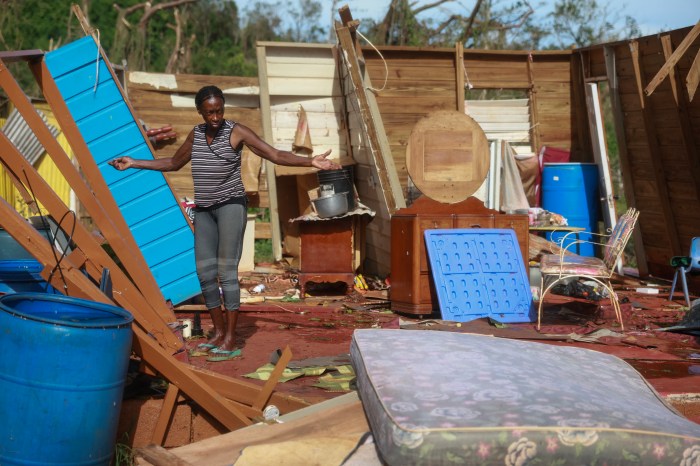Not surprisingly, Jamaica has become the first of more than a dozen Caribbean trade bloc nations seeking to make Britain and other European nations pay regional nations for the African slave trade by actually attaching a figure on how much money it expects to get from London for its active participation in one of the worst atrocities in human history.
A National Commission on Reparations (NCR) it has set up at the behest of the Caribbean Reparations Commission representing governments on the issue announced just this week that its experts have determined that the island of about three million people should be paid today’s equivalent of more than Sterling 2.3 trillion pounds which is way more than its current national foreign debt.
There would also be enough to fund a string of other societal ills including improvements to the health, education, help authorities fight crime and bankroll other systems.
The NCR’s announcement’s comes just weeks before similar commissions from across the region prepare for the early October mini summit in Antigua. The conference would be the second major one to be held since Caribbean leaders decided to jump on the reparations bandwagon at their summit in Trinidad in July of last year.
The NCR’s report on the issue complete with the figures Jamaica should demand from Britain for slavery was on-passed to government in the past week which in turn tabled it in parliament for debate when sessions soon resume after the annual summer
break.
The leading Observer newspaper reported that the figure was based on the commission’s calculation, using a figure of 30.64 percent of the Sterling 7.5 trillion dollars that British academic and theologian Robert Beckford had calculated as an estimated figure Britain alone owes Caribbean countries for having the ancestors of today’s living work on sugar and other plantations without ever earning a cent in wages.
But stunning as the figure may seem, the NCR says that Beckford’s estimates are way off as it failed to attach unpaid costs for various categories of slave labor, including those who were skilled as artisans compared to those who simply worked in fields or as domestics for example to the final figure.
“It also does not include the trauma and pain of the ‘Middle Passage’ journey, punishment, death through execution and the sexploitation which were daily features of the plantation society, both during and after slavery. And it excludes the cost of repatriation. There is no doubt that the enslaved suffered the punishment meted out to the enslaved people was severe, and this level of suffering must be accounted for in any demand for repair and restorative justice,” said NCR boss Verene Shepherd.
Beckford had calculated that Britain had earned Sterling 5000,000 per year from sugar during its peak periods allowing for national enrichment on the backs of brutalized slaves.
The commission on the other hand says that it will in the end be very tough to arrive at a final figure given the nature of the slave trade and the pain it inflicted on Africans and their descendants.
“The fundamental question facing the government of Jamaica as it joins its CARICOM neighbors in seeking redress from European countries is: What constitutes a meritorious claim? It is hoped that this report will assist government in its deliberations and in the debate in parliament over the issue of reparation, which is an imperative,” the NCR said.






















